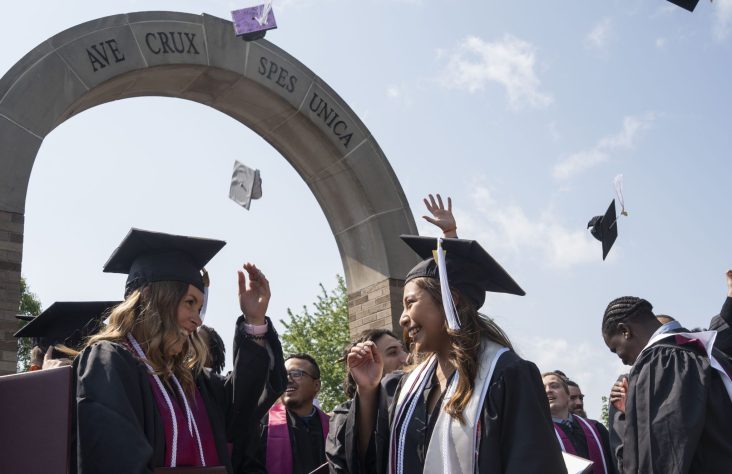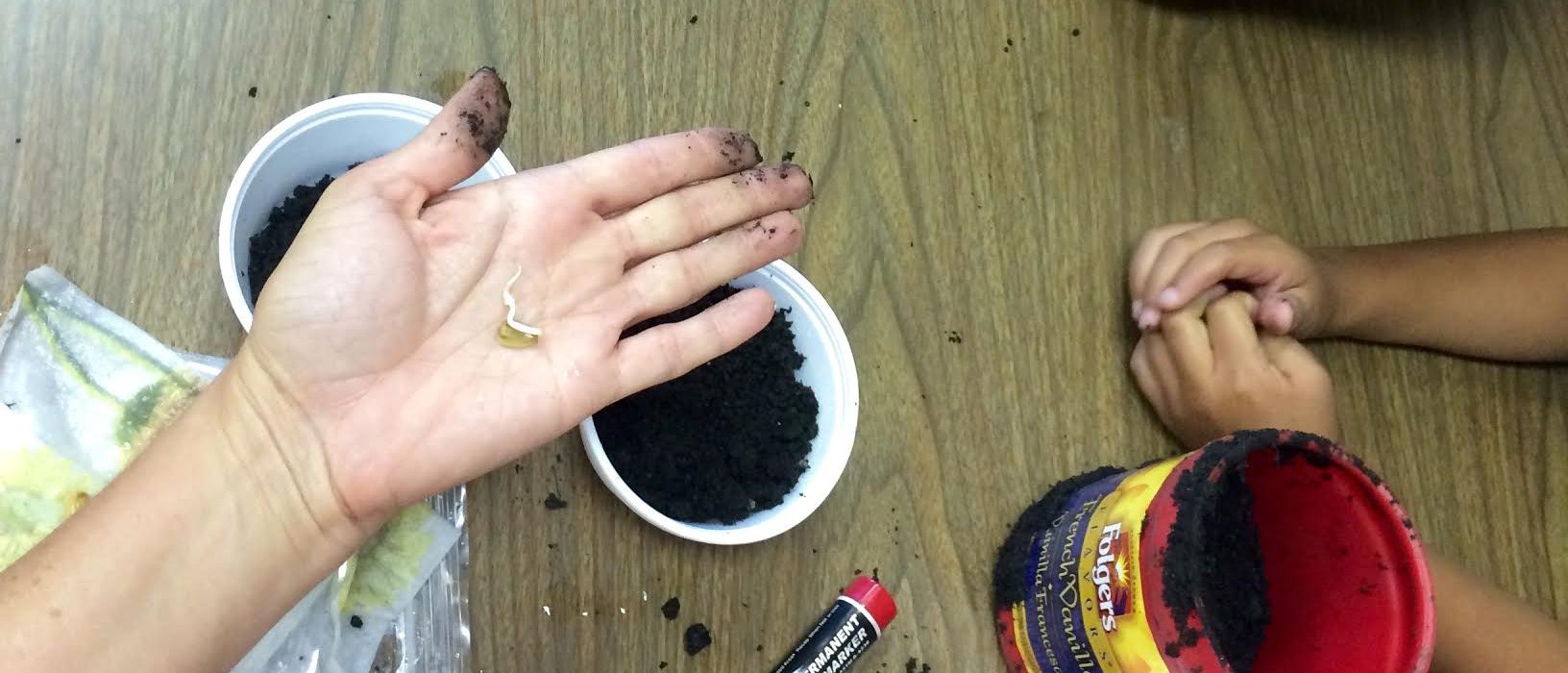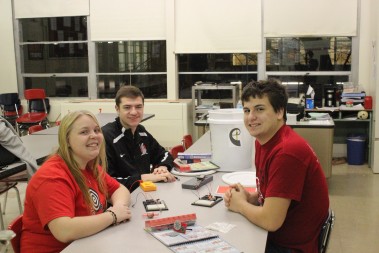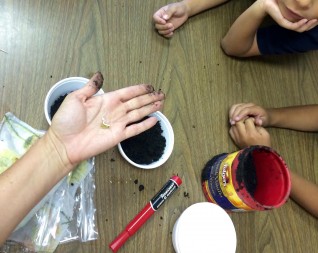January 27, 2016 // Uncategorized
Programs offer deeper understanding of faith, academics and arts
By Kay Cozad
STEM education is a grant-supported initiative that promotes the enriched study of science, technology, engineering and mathematics across all grade-levels with the hope of better preparing students to enter the competitive global job market. The program, started by Judith A. Ramaley, the former director of the National Science Foundation’s education and human-resources division, was designed to incorporate technology and engineering into a regular curriculum transforming it into one that is driven by exploratory learning and problem solving. With efforts that began in 2006, policymakers have focused on the STEM subjects to improve the science, technology, engineering and mathematics literacy of today’s students.
Bishop Luers High School in Fort Wayne has integrated STEM into many of its math and science classes. But this year, for the first time, Luers has an Engineering Roots class that students are taking as an independent study before school, which combines all aspects of STEM as an introductory class for students who are interested in science and engineering. Bishop Luers math teacher Maggie Javins moderates the online class and said, “Students have really enjoyed the program. They have worked with circuits, CAD, and built a water filter out of recycled materials in just one semester. … It makes what they learn in the classroom more relevant to their lives.”
Two other schools in the Diocese of Fort Wayne-South Bend have taken the STEM initiative to heart and one step further. Sacred Heart School in Warsaw and St. Michael School in Plymouth have collaborated with the National Catholic Education Association in creating STREAM, an educational initiative that promotes a strong focus on science, technology, religion, engineering, arts and mathematics.
Sacred Heart, Warsaw, Principal James Faroh and his staff initiated STREAM during the 2013-2014 school year, implementing it in individual classes, across grade levels and school-wide — pre-kindergarten through sixth grade. “Each classroom has their own focus and quarterly we have school-wide initiatives,” he said, adding, “We have weekly faculty meetings where ideas are discussed and plans are created. Interest areas and themes are discussed and then we make special plans to integrate all the subjects. … We also have Family Groups, with a student representative from each grade, working on projects together.”
Not only does the school integrate STREAM education during the school day, but it created STREAM clubs during the school year including Green Team Ecology Club, Lego Club, an Engineering and Math Club, Robotics Club, Ultimate Frisbee Club
and others.
The students, Faroh said, are excited to work with hands-on activities, work collaboratively, utilize technology work at project-based learning, and draw conclusions to solve essential questions. “An important part of STREAM Education is to instill lifelong learning in our students,” Faroh said.
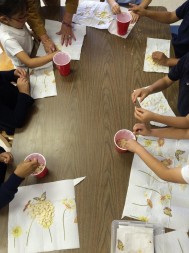 St. Michael, Plymouth, Principal Amy Weidner couldn’t agree more. “STREAM provides more opportunity for these skills to come together. And the more they (students) can apply the skills the better,” she said. St. Michael implemented their own version of STREAM for their entire student body of 166 kindergarten through eighth grade. Mary Szymusiak, physical education and art teacher, has taken up the role of STREAM classroom teacher beginning this school year. She appreciates the extension this cross curriculum initiative has added to the STEM project with art and religion. “It’s bringing education full circle — an eclectic balance,” she said, adding that with hands-on projects the students “tend to dive deeper into the subject.”
St. Michael, Plymouth, Principal Amy Weidner couldn’t agree more. “STREAM provides more opportunity for these skills to come together. And the more they (students) can apply the skills the better,” she said. St. Michael implemented their own version of STREAM for their entire student body of 166 kindergarten through eighth grade. Mary Szymusiak, physical education and art teacher, has taken up the role of STREAM classroom teacher beginning this school year. She appreciates the extension this cross curriculum initiative has added to the STEM project with art and religion. “It’s bringing education full circle — an eclectic balance,” she said, adding that with hands-on projects the students “tend to dive deeper into the subject.”
Currently, fifth- through eighth-grade students are working on a 10-week project with the goal of participating in a science fair — a time consuming effort. But, said Szymusiak, do-able now with STREAM. And promoting the school’s Catholic identity, the inspired teacher incorporates religion into every class by talking about the saints, virtues and other aspects of developing the whole person.
“Stream has built confidence in the students in being willing to explore and try something new,” said Szymusiak, adding, “I tell my students to always do their personal best. Take a risk and you can learn more.”
Principal Faroh agreed, concluding, “This program is an excellent answer for our students to become lifelong learners, think globally about our world which we live in more than ever in the past, utilize technology in this technology revolution, and provide more tools as our students grow in knowledge to become responsible and productive adults.”
The best news. Delivered to your inbox.
Subscribe to our mailing list today.


